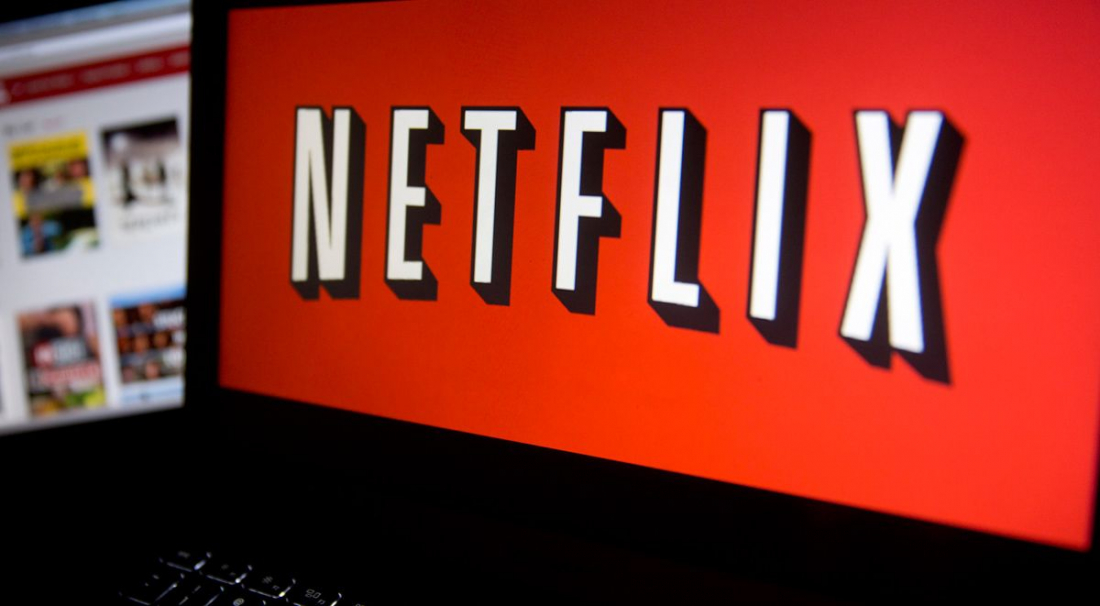Thanks to licensing agreements, the amount of content available in Netflix's library can vary enormously in each of the 190+ countries where it's available. As such, VPNs were a popular method of circumventing the streaming site's geoblocking technology, but earlier this year the company clamped on this practice. Now, it looks as if Netflix has won its war against the unblockers.
Back in January, it was reported that Netflix was updating its proxy detection techniques to ensure subscribers only have access to location-specific content. The unblocking firms weren't worried; they claimed cycling IP addresses would allow them to bypass the blocks.
But a few weeks later, the first large VPN service was affected. Australian company uFlix discovered that some of its users could no longer access Netflix. It said that a fix was coming soon, but, as reported by CBC, uFlix announced in a recent blog post that it has given up the fight.
"As of today we are going to stop supporting Netflix as an unblocked channel. Unfortunately every time we set up a new network or find a workaround it is getting blocked within hours." The post reads. "Over the last 7 months we have put in a great amount of time, money and energy into keeping Netflix unblocked. We have usually been up and running within a couple of hours of each ban. However, this has greatly drained our resources and our time."
Uflix isn't the only service to throw in the towel - most of the other unblockers have quietly decided to stop trying to evade Netflix's geoblocks, as more customers complain they can no longer watch the streaming site.
Popular VPN TorGuard had assured customers that the crackdown wouldn't affect them. But there is no mention of Netflix on TorGuard's website, and its shared Netflix server was taken offline four months ago.
Some VPN services say they are working on new ways to bypass the geoblocking technology, but it seems as soon as a solution is found, Netflix identifies and blocks it. The company has said it would like to make all its content available on a global scale, but the chances of that ever happening seem slim.
